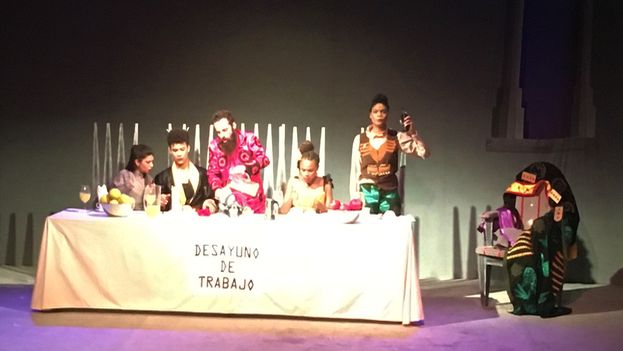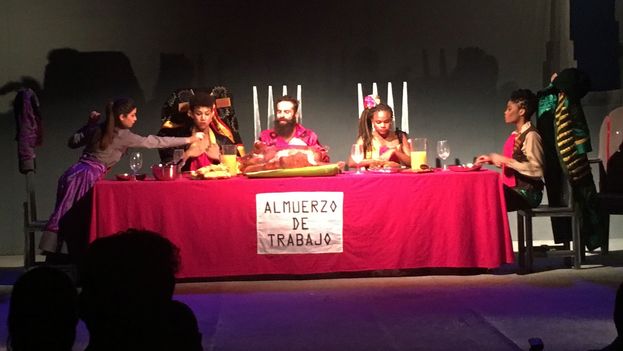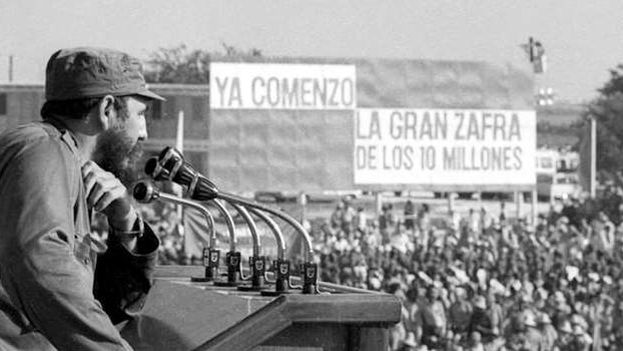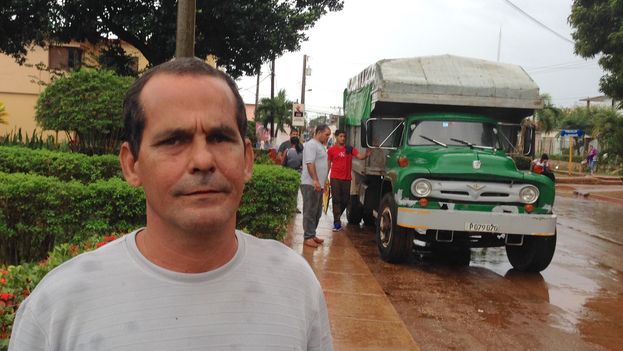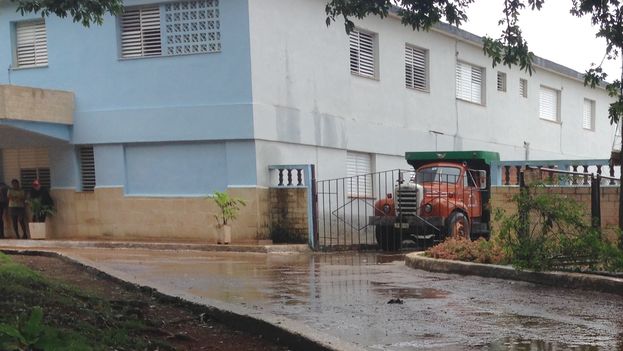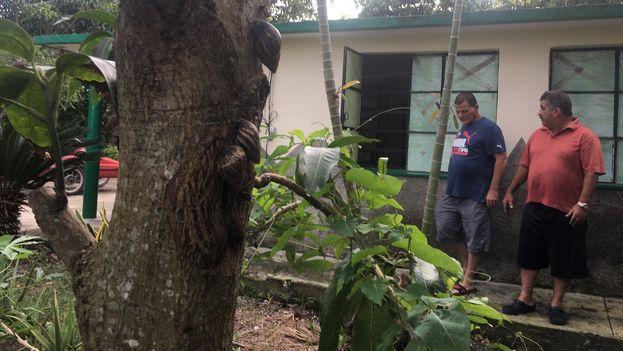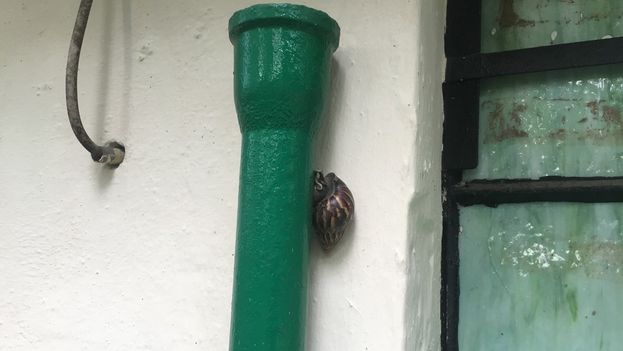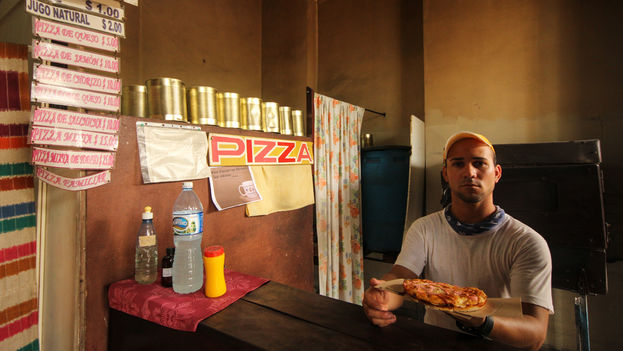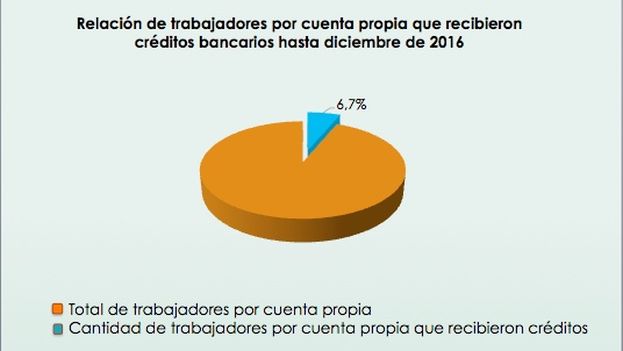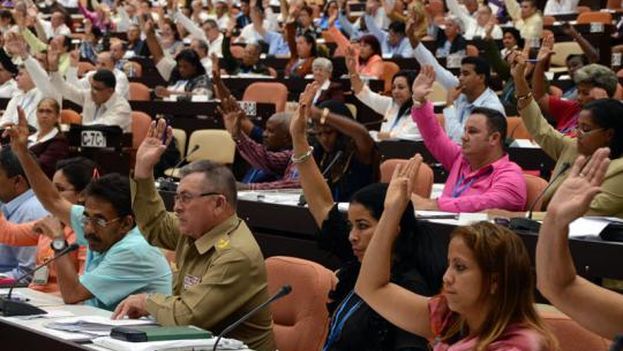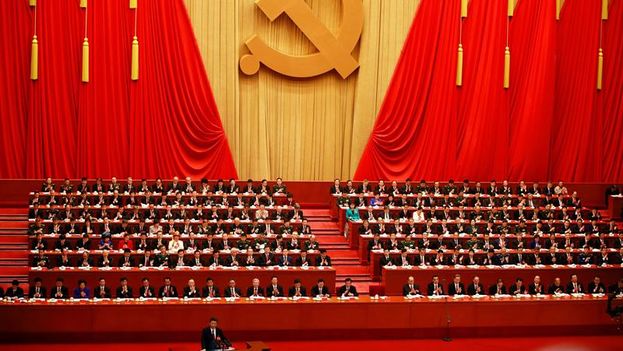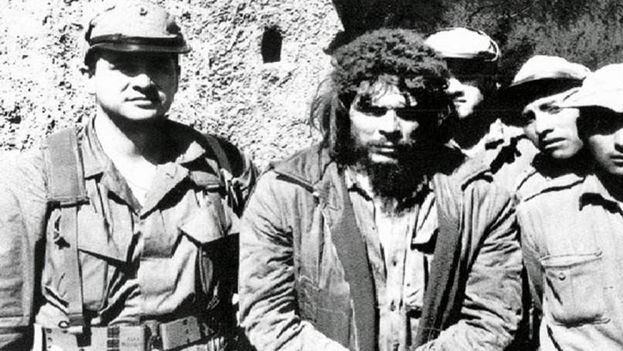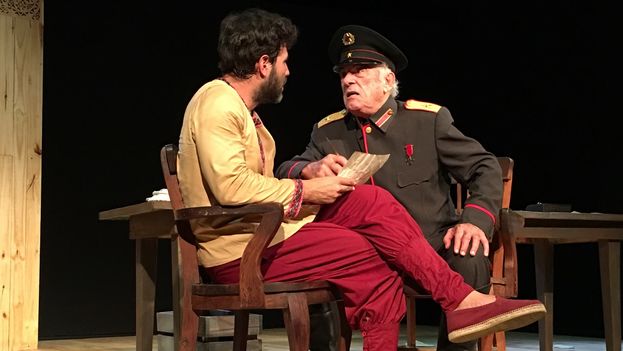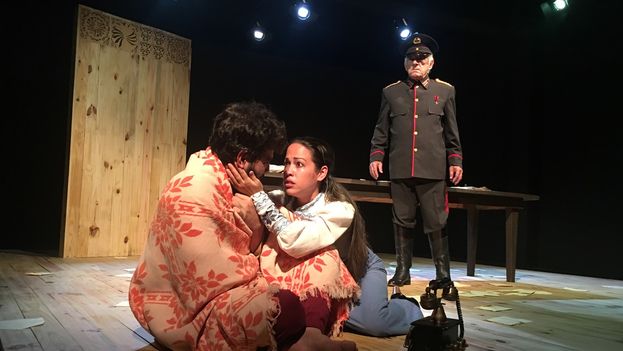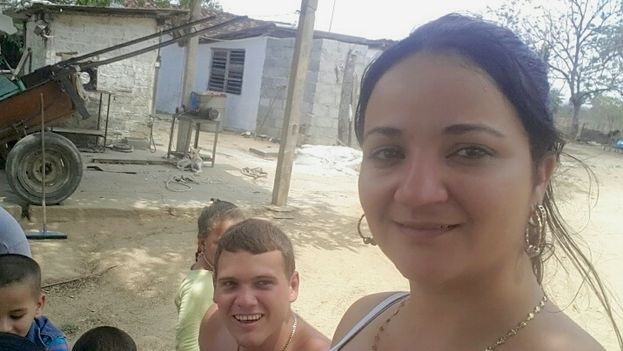
![]() 14ymedio, Reinaldo Escobar, Havana, 8 January 2018 — In this century it is impossible to fit into the mold of the politically correct if one exhibits racist, homophobic, sexist or xenophobic attitudes, or when one boasts of wanting to achieve political power through violence. These criteria have been extended in recent years to a large number of states, institutions, the media, academic circles and citizens of the planet.
14ymedio, Reinaldo Escobar, Havana, 8 January 2018 — In this century it is impossible to fit into the mold of the politically correct if one exhibits racist, homophobic, sexist or xenophobic attitudes, or when one boasts of wanting to achieve political power through violence. These criteria have been extended in recent years to a large number of states, institutions, the media, academic circles and citizens of the planet.
Thanks to this awareness, terrorism-like phenomena as a political weapon, the ablation of the clitoris, violence as a liberating resource and religious intolerance have all lost the prestige granted them by that moral relativism that justified them for centuries in the name of “cultural reasons” or ” sacred traditions” or “sovereignty of nations” or “historical circumstances.”
However, there is a serious danger in trying to translate these modern parameters into the past. When history is revised in a schematic way based on the rules of the present, very little can be saved from those years and few figures of the national “pantheon” would remain standing. continue reading
Under this prism, José Martí ends up being labeled as macho, he is disqualified due to violence and for the idea that “rights are not begged for, but conquered at the edge of a machete,” as is Antonio Maceo, for the intolerance represented by the phrase “you keep that document, we do not want to know about it,” which he said to the Spanish general Arsenio Martínez Campos in the Baraguá Protest.
In a review of the lyrics of the songs of the traditional trova there are “pearls” of impropriety such as the mockery of people with physical disabilities: “Simon, you can’t dance the cha cha chá because you have gimpy legs”; while racism makes itself at home on issues such as “They call me the little black guy from the batey because for me work is an enemy.”
The songs people fell in love with almost a century ago also encouraged and praised, many times, the excessive consumption of alcohol as a symbol of masculine gallantry: “Yesterday’s drunken bender is already over, this is another drunken bender I’m on today.” A proselytizing of drink and the local bar that, fortunately, today is frowned upon.
An excavation with the new moral tools could reach as far as the plastic arts and censorship of The Rape of the Mulatas, by the painter Carlos Enríquez, for having drawn on the face of women that slight smile that makes them seem to be provoking their kidnappings and making them the sweet accomplices of their captors. If this criterion is followed, most of the halls of the National Museum of Fine Arts should be closed immediately.
In the case of language, the same thing happens. The promulgators of strict inclusivity don’t care much for jokes. Like a young tourist guide from Havana who, thinking he was being nice, decided to assure a group of retired Germans that he considered himself a feminist because he only liked women. They nearly hit him before he could rectify it by saying it had been “just a joke.”
In the official media, orthodoxy regarding how to refer to Fidel Castro has fluctuated. For years the announcers were obliged to mention each of the hierarchies of his innumerable positions: “Maximum Leader of the Revolution, Commander in Chief, First Secretary of the Communist Party of Cuba, President of the Councils of State and of Ministers”…
Today, however, he is reduced to the epithets of “historical leader” or “eternal commander in chief,” but barely a millimeter separates him from those designations while calling him by name and surname can still lead to mistrust.
The desire to be more correct than others is usually nuanced by the ideological prism and does not escape the distortion that introduces moral relativism, which indistinctly leads to considering insults or adulation appropriate, as the case may be.
Hence, in certain environments of the political opposition, the same thing occurs. For many activists it is not “politically correct” to use the expression “the government” to refer to the authorities. If you do not say “the dictatorship” or better “the bloody tyranny of the Castro brothers” you can end up on the list of accomplices.
The vocabulary becomes more demanding when speaking directly of a public figure. According to the most strict dissident allowed terms, one cannot call the elder Castro brother “ex-president” when he only deserves to be mentioned as “the dictator” and the allusion to his younger brother must always be accompanied by the clarification of “heir of the dynasty,” as if it were not enough to hang on him the ironic stigma of “General President.”
When it comes to policing the militancy of language, there will always be a reductionist formula to appeal to that ends in a speech full of slogans. There are those who speak in blocks, they always say the same thing, they do not move even a millimeter away from the language coined for each thing, as if they feared being caught for having had “a linguistic weakness.” Once the words are read or heard, it is enough, because with such a small arsenal of words they repeat themselves until they yawn.
In the case of information-related work, the phenomenon becomes more complex. How should journalists report an arrest? “Agents of State Security led an opponent to jail,” or perhaps they should write, “The henchmen of ‘citizen insecurity’ kidnapped a democracy activist and locked him in a Castro dungeon.”
The problem is that so many adjectives end up confusing rather than informing. Something similar happened to a dissident on Twitter when he wrote: “The regime calls for the electoral simulation for next March 11.” Several of the clueless believed that it was a pilot test for the elections of the National Assembly, when in reality the reporting militant wanted to say that it was an electoral “farce.”
In the midst of so many rules of how to call each thing, it is worth noting that the very definition “independent journalism” should be considered a redundancy. Since the only honest way to practice this profession is without a mandate from the spheres of government, oblivious to any partisanship, without genuflections to terminology and liberated from the corsets of all extreme political correctness, be it oficialista or oppositional.
_____________________________
The 14ymedio team is committed to serious journalism that reflects the reality of deep Cuba. Thank you for joining us on this long road. We invite you to continue supporting us, but this time by becoming a member of 14ymedio. Together we can continue to transform journalism in Cuba.




